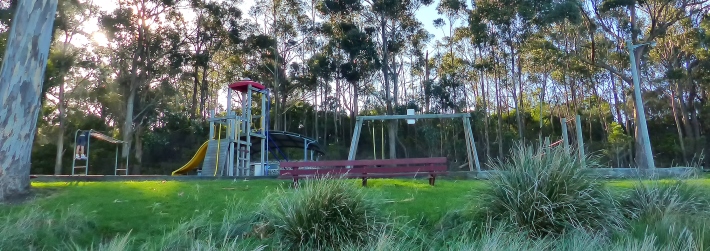



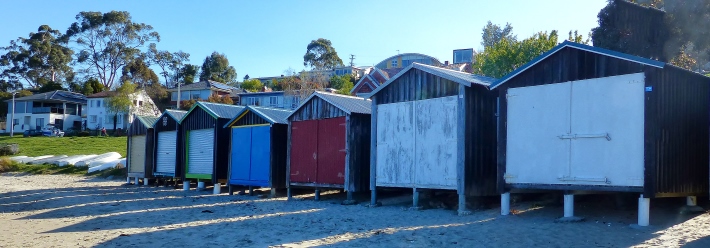
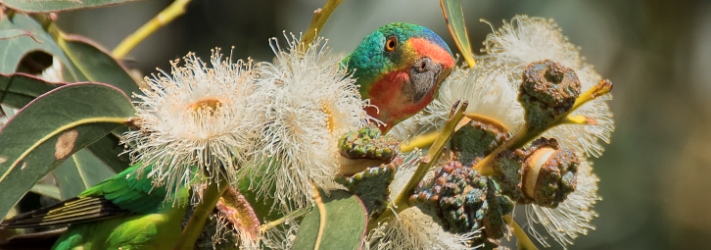
.jpg?template=generic)
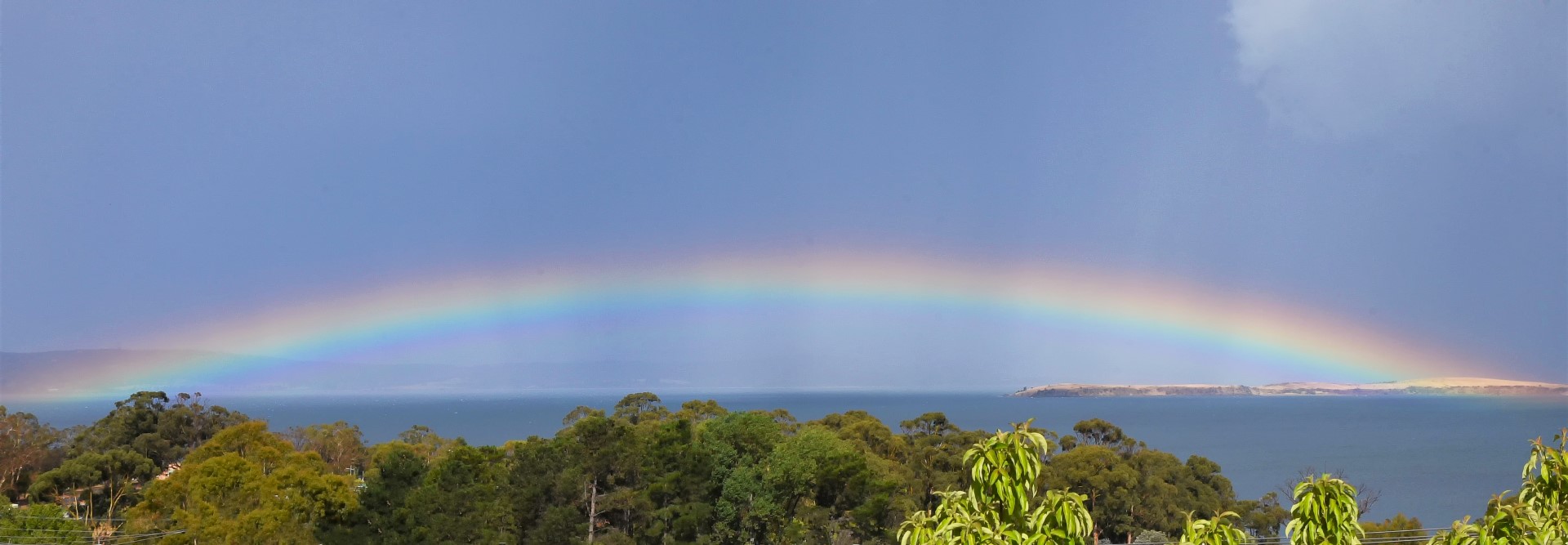

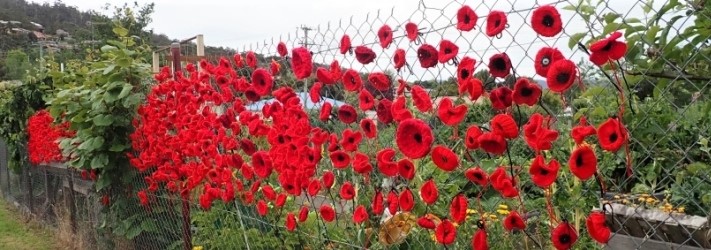
 |
Garden Plan |
Family plots
Full membership comes with an individual plot of about 4-6 square metres. The perimeter areas with fruit trees and some vegetables are usually maintained during working bees and the produce from them is shared by members. An exception is that some patches of the perimeter are being worked by people on the waiting list for a plot.
We are an organic garden. Please do not use poisons or fertilisers not registered for organic gardening.
Community or shared plots
The two long raised plots framing the central gathering area will be planted and managed by all members, generally at working bees. Produce will be shared among members.
When the new plots were constructed in early 2023, and the first planting/sowing was done on April 30th, a rotation plan through 6 sections was inaugurated.
See here for our rotation plan.
Compost bays
Our compost bays (on the top side of the shed) are in two ranks.
Holding bays: The two upper bays are for vegetation waste from weeding and clearing plots. When you are depositing waste there, please chop it with the spade into smaller lengths so the compost team can more easily handle it. Make sure you read the big sign and follow instructions to bin ‘bad weeds’ and woody stems into the Council Fogo Bin.
The set of three bays are for the compost which has been made by the compost team, it will be cooking or resting.
Shed
Please use the tools in the shed and replace after use on hangers or against wall to minimize tripping hazards.
Please do not leave any dangerous or flammable substances in the shed. Please do not allow small children into the shed.
Worm farm
Our Giant Wormsdownunder worm habitat was purchased with a grant from Kingborough Waste Management in 2020. We welcome deposits of suitable worm food from everyone . Please make sure you read and follow the instructions on the sign about what is suitable to deposit and what should be separated out into the council garbage wheelie bin.
Herb garden
Everyone including the general community is invited to pick herbs from the herb garden outside the perimeter fence. If you have spare herb plants you are welcome to plant them in the wheelbarrows or herb garden ground.
Communication
News is posted on our website under the Member News link on the side menu, and on notice boards inside and outside the shed. Please check regularly. The committee also sends out regular emails with news about TNG. Please feel free to use the notice boards for garden related messages.
Who can harvest?
Members only (full members and associate members) are invited to take ready vegetables from the community plots or perimeter beds when they are marked with a green harvest-now flag. You may like to leave a small donation in the box attached to the outer wall of the shed.
Share Shelves
Our share shelves were installed with the help of a council grant in 2021. Spare produce from your TNG plot or home garden can be left here for anyone passing by to take. Please share the spare instead of wasting it.
A few rules
- Cover the children's sand pit after use to keep animals out
- Keep the gates shut, and make sure to close the gate when you leave.
- Dogs: if you have to bring your dog into the garden, keep it on a leash and off the vegetable plots. If working in the garden, we require that you secure your dog to a stake within your own plot
- After using hoses, turn the water off at the tap tightly and rewind the hose around the tap stand or hose hanger.
- We are an organic garden. Please do not use poisons. Our founder David Stephen suggests these measures against pests and diseases. See lower on this page.
Member responsibilities
In order to keep the garden thriving and producing, we ask each plot holder to contribute a minimum of 5-6 hours labour per year on general tasks. You can make your contribution at working bees which are held monthly, usually on a Sunday afternoon. You may like to join the compost making, fruit tree maintenance or mowing team to fulfil your obligation, or come along when we make a call out for help with a one-off job.
We also have occasional social gatherings and informative workshops. Plenty of notice of these will be given in posters on the shed and in email newsletters.
A plot will be forfeited by the holder if it is neglected for 3 months or more. In cases of absenteeism, inform a committee member or leave an explanatory water-proof notice on your plot.
Members are expected to keep their plot tidy, free of seeding weeds and ugly crop residues and structures. Tall or voluminous plants falling over edges, and pots and vegetable waste left on the grass are an annoyance for our mowing team. Weeds and grass growing close to the perimeter of a plot will harbour slugs and snails.
Memberships become due in January. The treasurer will send you a notice about how to pay. This information is also on our website under the How to Pay link on the side menu.
The management committee
We have a management committee consisting of a President, Treasurer and Secretary and up to 8 general committee members. Our AGM is in March each year when the office bearers and committee members are elected. All members are encouraged to join the committee.
Organic gardening tips from our Founder, David Stephen
Some ways to control pests
Organicultural practices apply throughout. Some recommended products are:
- Bicarb of soda as a preventative spray against fungal diseases
- Iron-based pellets against slugs, and minimise their hiding places such as long grass around plot edges. Try ringing around your tender young seedlings with coffee grounds, shell grit or dried and crushed eggshells. Traps can also be made by part-filling small containers with beer or wine mixed with a little water. It is actually the yeasty smell rather than the alcohol which attracts them.
- Pyrethrum against flying insects
- Derris against caterpillars, or simply rub them off from under the leaves.
Watering tips
Before watering, conduct the finger test to check for moisture. If the soil is damp below the surface you may not need to water. Best time to water is in the morning. If watering in the evening, keep the leaves dry to discourage development of fungal diseases. Do not spray water onto leaves when the sun is hot as the leaves will burn. ! Irrigating at dusk is not the best time as it encourages fungal diseases unless it is done carefully at ground level, leaving the foliage above dry.
Crop rotation advice
Try to rotate crops to avoid build up of diseases.
Soil maintenance
David recommends visiting plots a minimum of once weekly especially during the active growing season. A cover crop of legumes and grasses (e.g. peas and oats) instead of weeds can be grown during a dormant perio, preferable to leaving the ground fallow.
Recommended fertilisers and mulches:
- Pulverised dry animal manure
- Blood and bone meal (Nitrogen, Phosphorous, Calcium)
- Mature compost or vermicast
- Lime (dolomitic limestone, gypsum, rock dust etc)
- Complete organic fertiliser (as per recipe found in Steve Solomon's book, "Growing Vegetables South of Australia")
